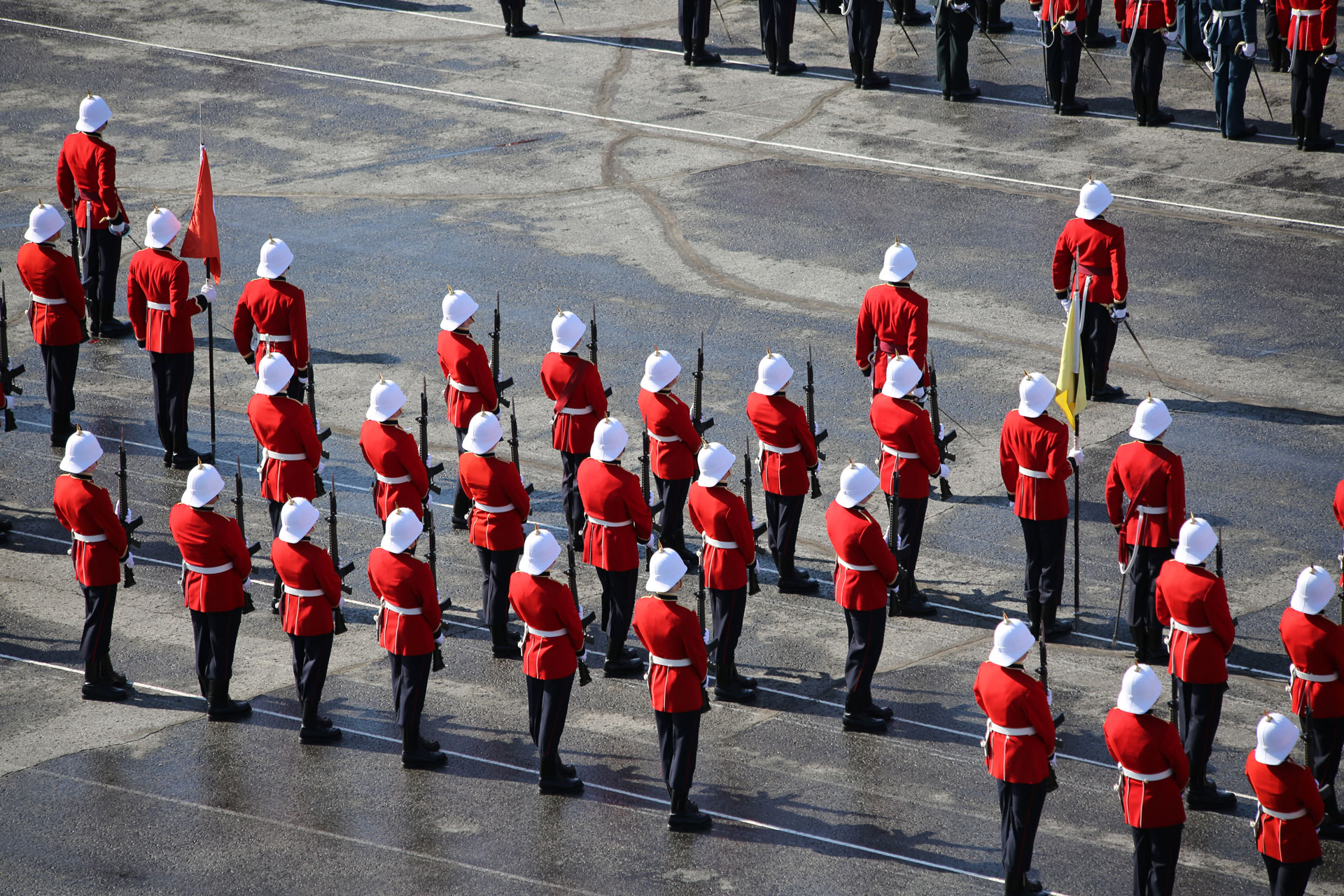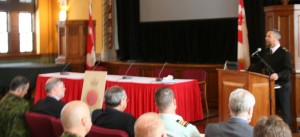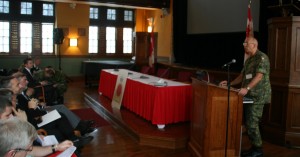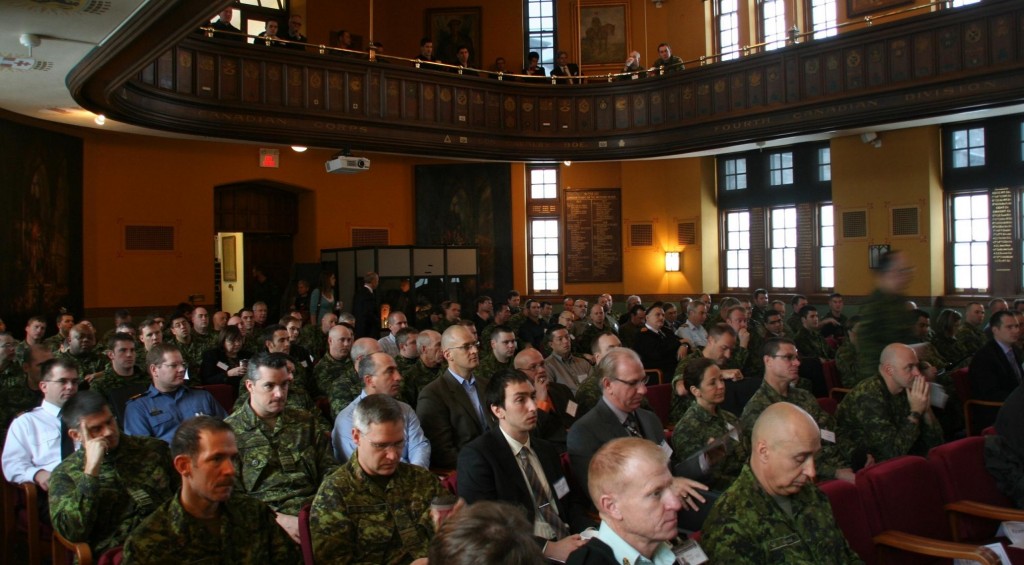
The commander of Canada’s special operations forces says what his unit does isn’t a real life version of the video game Call of Duty — Black Ops.
And opening an unprecedented public forum on the current and future role of the country’s special forces at Royal Military College Tuesday, Brig.-Gen. Michael Day said the purpose of the two-day gathering of military and civilian officials is to address what he calls the “misconceptions” of what Canada’s special forces do as well as draft a blueprint for what their role will be when they are no longer fighting in Afghanistan.
Day, who has been attached since it stood up in 1993, said the unit, described as a made-in-Canada response to terrorist threats and issues of national security requiring a nimble and highly trained force of specialists.
But it is not, as portrayed in wildly popular movies and video games, a collection of rogue operatives creating mayhem and destruction behind enemy lines with neither the knowledge or support of their commanders. With two teenage boys, Day is quite familiar with the popular portrayal.
“Very few special operations can be conducted without the support of conventional forces,” Day said, and noted that due to the high tempo and close relationship between special and conventional units in Afghan -istan, army commanders understand and appreciate where his unit fits into the puzzle in a way they may not have a decade ago.
Day stressed that special forces are a complement to the conventional army and vice-versa.
In small, highly trained and mobile teams, they are able to swoop in and take prisoners, gather intelligence and, yes, kill people, but they cannot hold ground or sustain long-term military operations as battle groups are expected to do.
Canada’s special forces, including the super-secretive Joint Task Force 2 (JTF2), were created 17 years ago for specialized domestic and overseas operations but really only found their feet after Sept. 11, 2001, when they were among the first Canadians into Afghanistan and quickly proved themselves the equal of much larger nations there.
Prior to that, they had been doing endless training and were looking for jobs to do, including protecting VIPs and offering security to war crimes trials in the Balkans while ready to counter terrorists at home and rescue Canadians taken hostage overseas.
“There is not a more tactically agile capability in the world,” said retired lieutenant-general Michael Gautier, who commanded the Canadian expeditionary force mission in Afghanistan and saw first-hand what the unit could bring to the operation.
“They are as good as any in the world, and what they do is function effectively in chaotic and complex environments.”
Read the entire article Here
Special forces fear budget cuts
For all of the secrecy that surrounds what Canada’s special forces do overseas, those operations seem open and transparent to what units such as Joint Task Force 2 do in Canada.
Domestic counterterrorism, from cells intent on making and planting bombs in Canada to the big threats of nuclear and biological weapons, were the main reason the Canadian special forces were created 17 years ago and that remains their primary job.
“We only come in when we’re called,” Brig.-Gen Michael Day, commander of the country’s special operations forces, said Wednesday at Royal Military College at an unprecedented public forum to discuss the future of the special forces.
“We’re like Ghostbusters without the cool stuff and we don’t get to decide when we’re needed.”
Read the entire article Here




